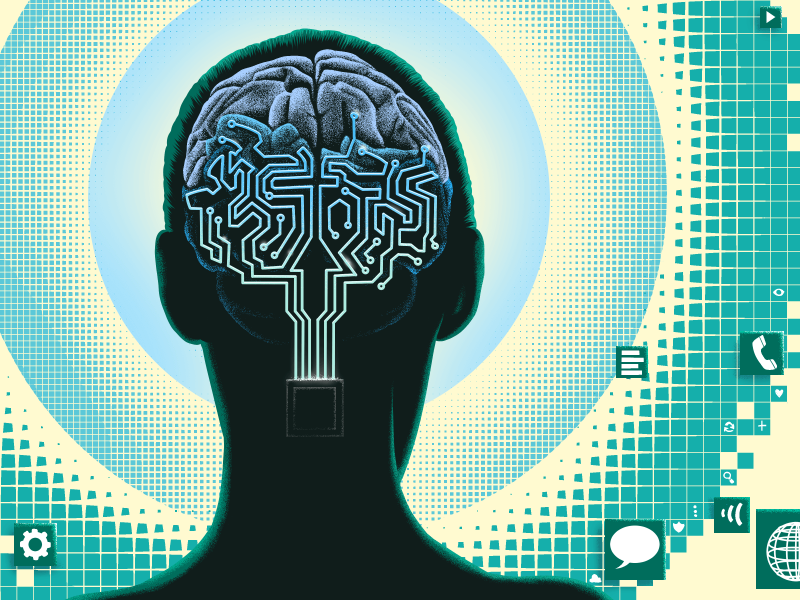[M]achines have a lot of apparent advantages over us mere flesh bags, as [Stephen] Hawking alluded to. They’re faster thinkers, with bigger, potentially infinite memories; they can network and interface in a way that would be called telepathy if a human could do it. And they’re not limited by their physical bodies.
In [roboticist Peter] Scott-Morgan case, transforming into a cyborg has already come with unexpected benefits. He can no longer speak on his own [due to motor neuron disease] – “I’m answering these questions long after my body has stopped working sufficiently well to keep me alive,” he writes instead – but through his new robot voice, he can communicate in any language.
…
Just as brain chips could become digital assistants of the mind, [Bionics Queensland’s Robyn Stokes] imagines they could also help manage mental health conditions such as serious depression.
Even then, there are still concerns. While the brain’s now-famed plasticity could help it rewire around implants, for example, some experts warn it could also mean it quickly forgets how to perform important functions, if they are taken over by machines. What then if something fails?
Still, enthusiasts, or “transhumanists”, imagine the next stage of human evolution will inevitably be technological.































